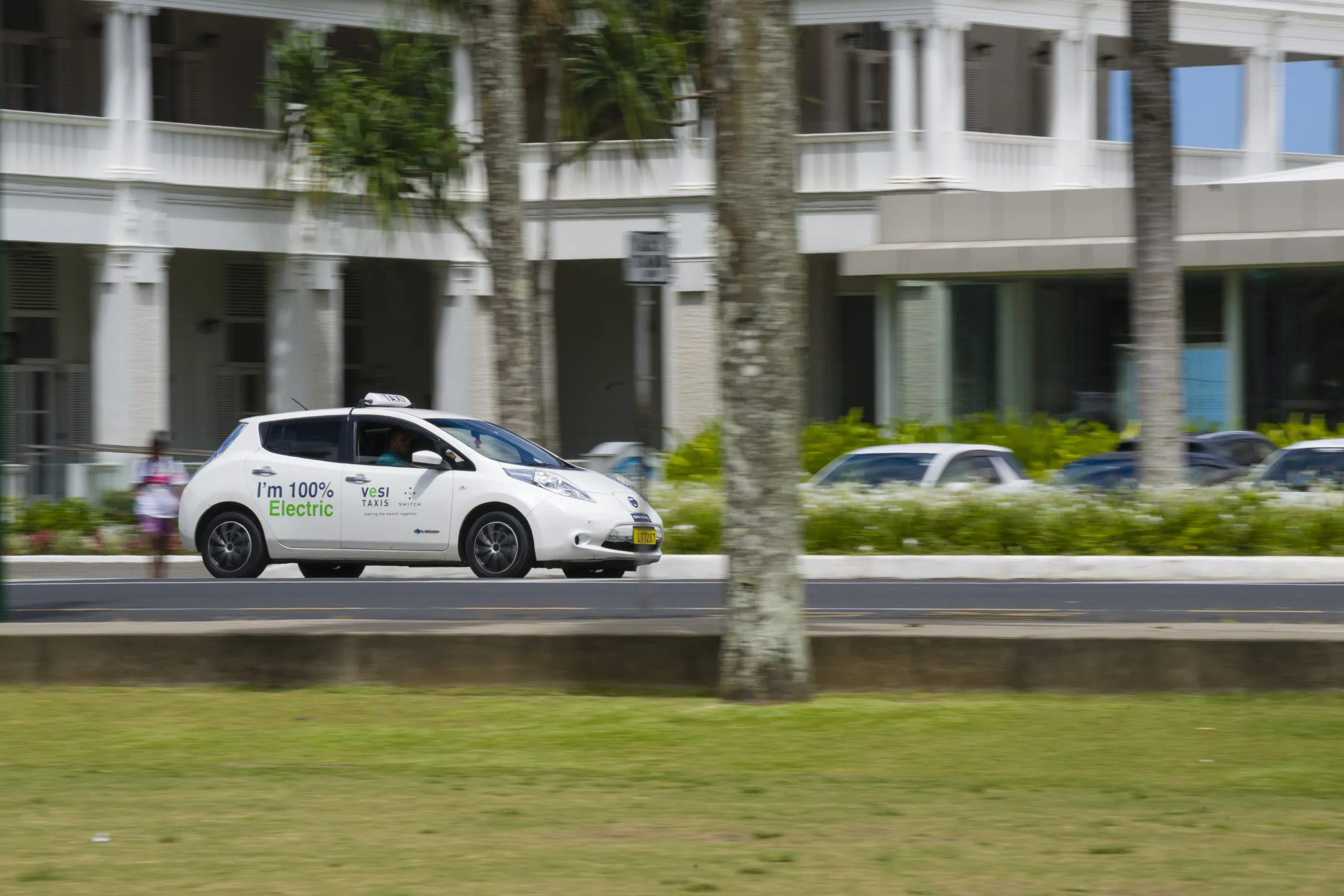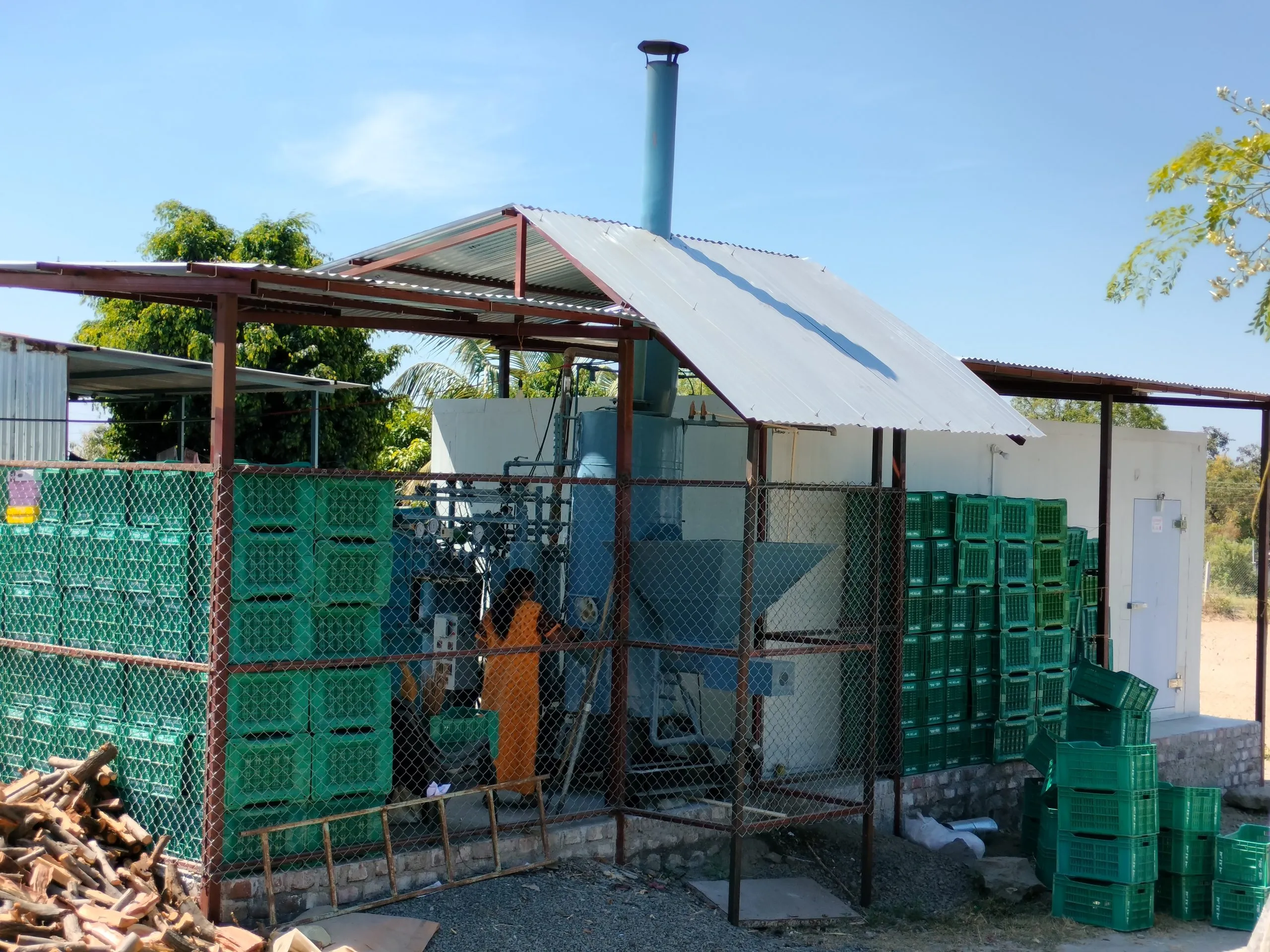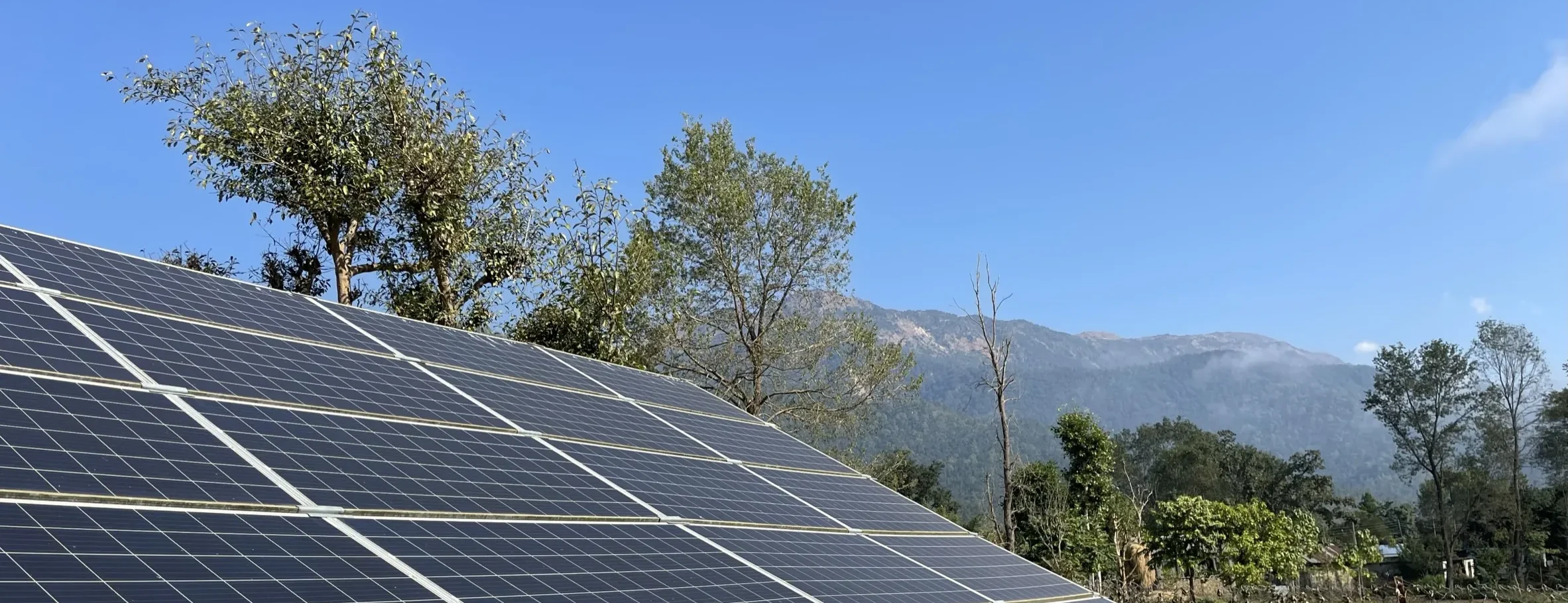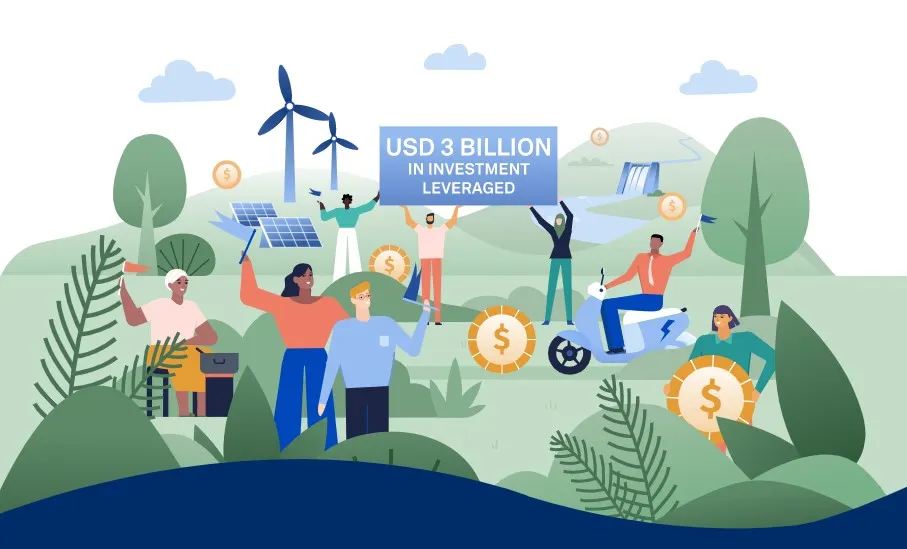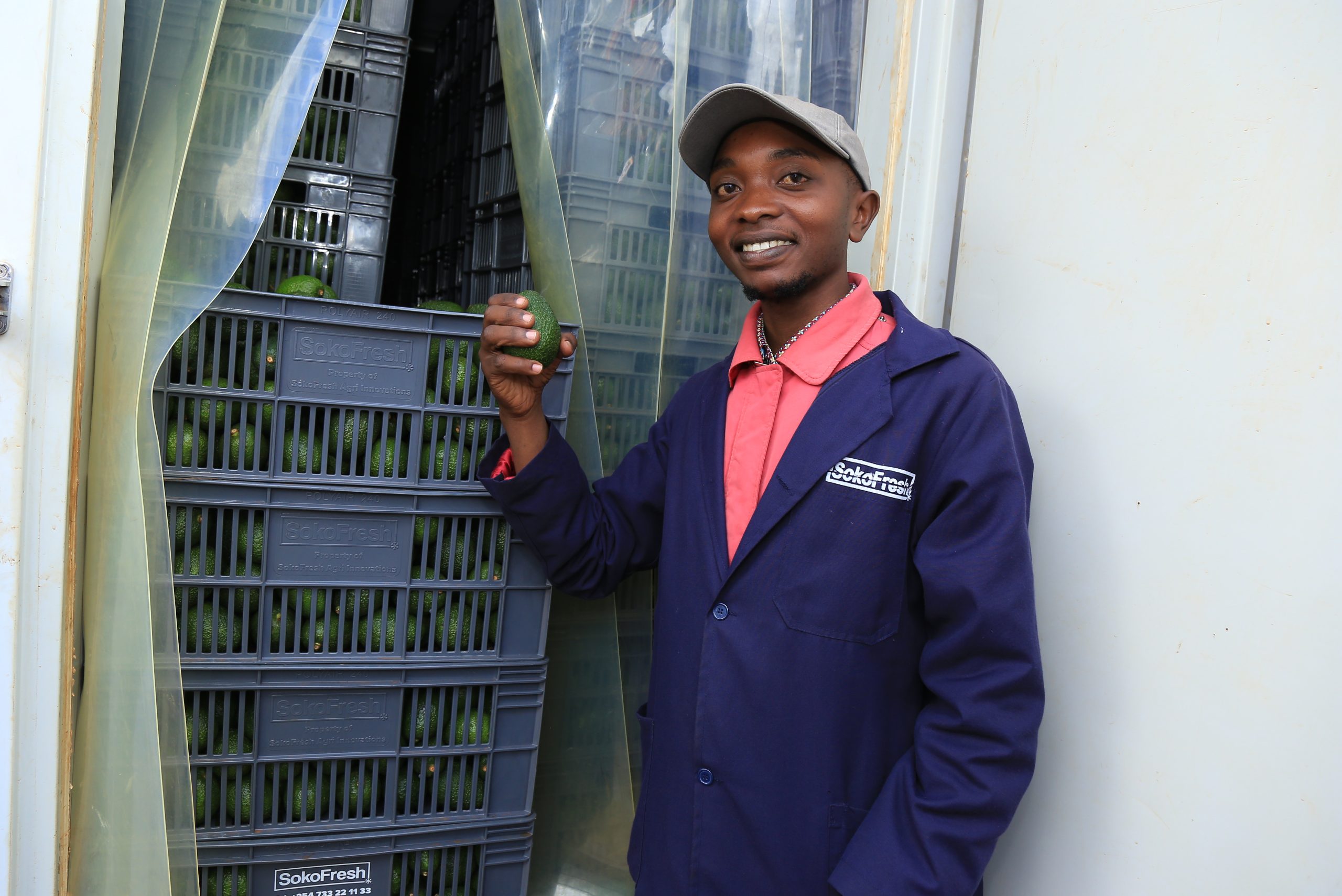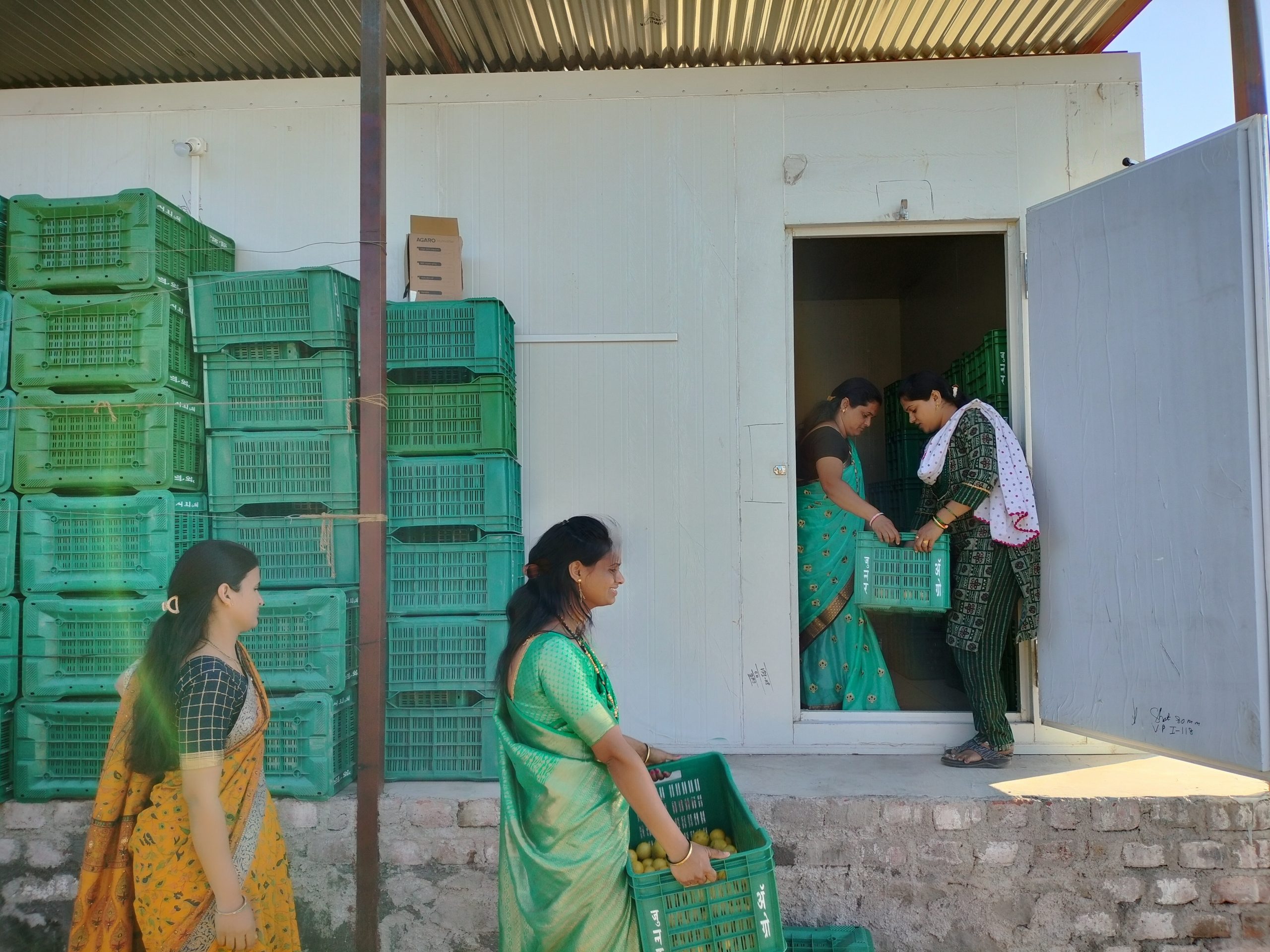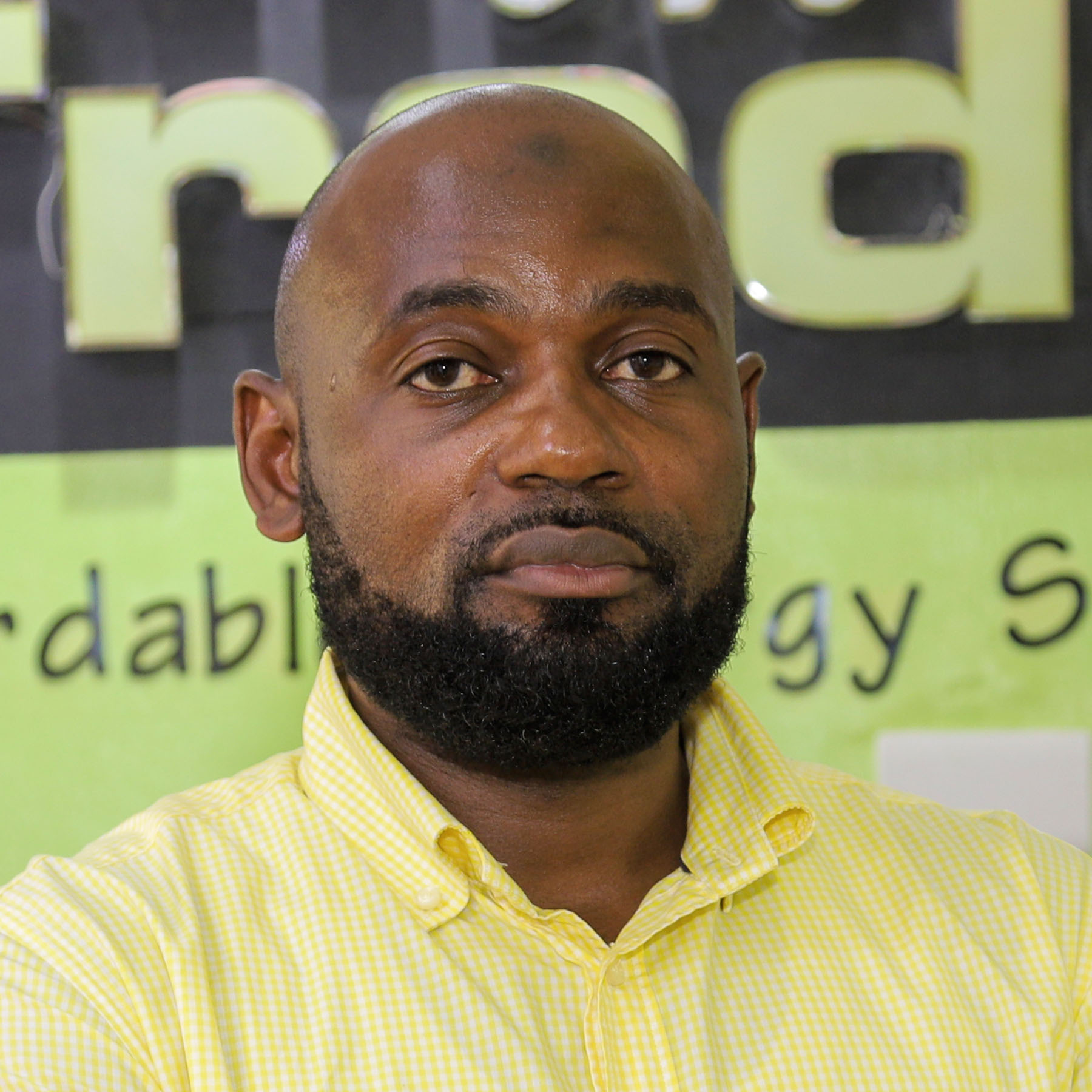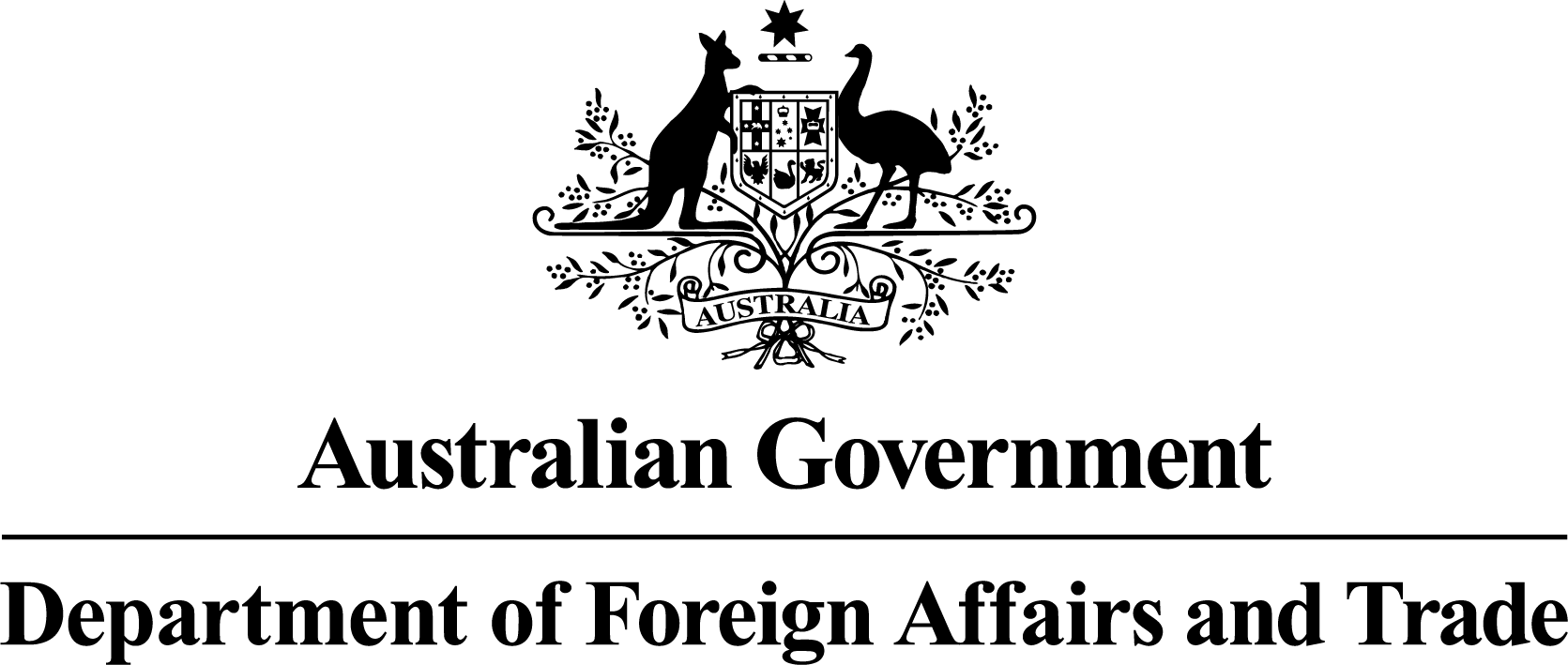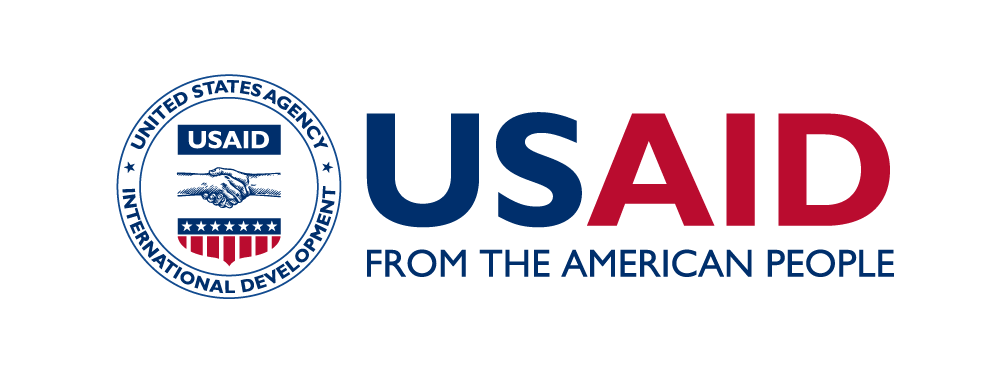ABOUT PFAN

The Private Financing Advisory Network is a global network of locally based climate and clean energy finance experts which offers free business coaching and investment facilitation to entrepreneurs developing climate and clean energy projects in low and middle-income countries. With a focus on clean energy and climate mitigation and adaptation, PFAN has been in operation since 2006, making it one of the longest-standing project preparation facilities working with SMEs in developing country markets. Since 2016, REEEP has been co-hosting the Private Financing Advisory Network (PFAN) together with UNIDO. PFAN aims to build clean energy markets one business at a time, mitigate climate change and mobilise private investment in support of the Paris Agreement on Climate Change and the Sustainable Development Goals. While combating climate change is its ultimate goal, in its day-to-day work, PFAN is driven by a desire to help entrepreneurs succeed. Getting a project off the ground is difficult; there are many barriers faced by entrepreneurs, especially those linked to accessing additional investment. Its efforts have resulted in a milestone in 2022: since inception, PFAN-supported projects have mobilised over USD 3 billion in investment.
PFAN operates in
- Sub-Saharan Africa
- South Asia
- Southeast Asia
- Pacific Islands
- Eastern Europe & Central Asia
- Latin America & the Caribbean


